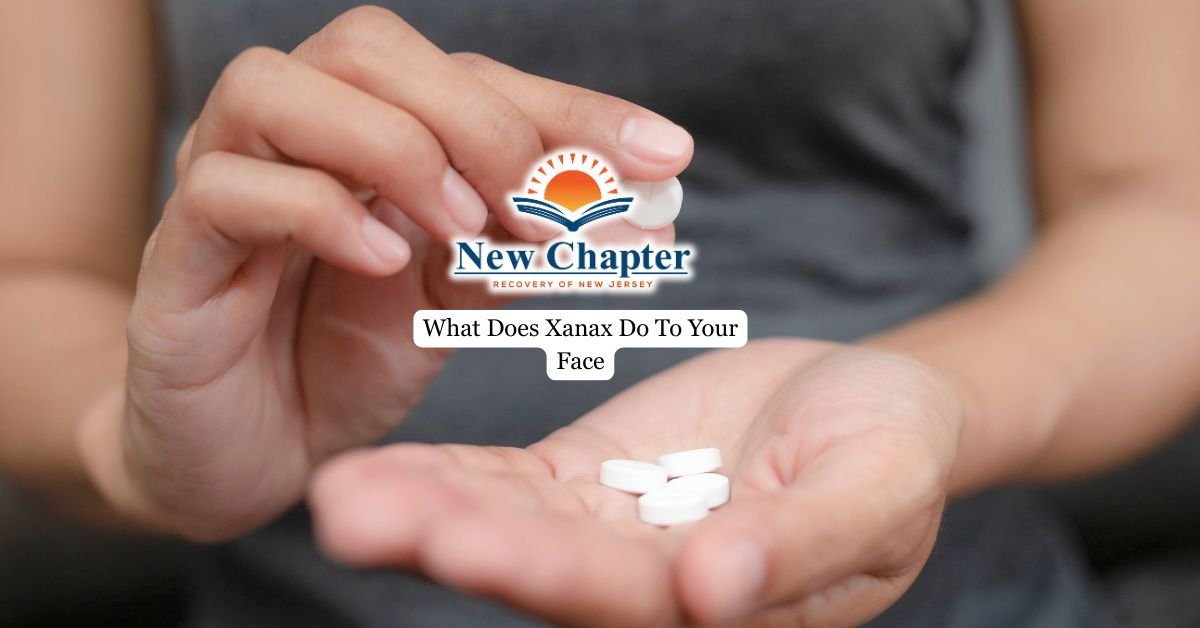For many people considering addiction treatment, a common worry is whether it might harm future job opportunities. Much of this concern comes from stigma and uncertainty about what employers actually see when reviewing background checks.
Personal medical records are protected by strict privacy laws, ensuring confidentiality for anyone seeking help. Knowing how these protections work can reduce fear, challenge stigma, and give individuals the confidence to pursue recovery without hesitation. This article explains how background checking works, the legal rules, and what to expect when finding a job after rehab.

What Information Shows Up on a Background Check?
The standard vetting process in the United States typically includes checking criminal records, verifying employment history, reviewing academics, and, in some cases, obtaining credit reports. Employers may also review driving history or professional licenses, depending on the specific job requirements.
What background checks do not include, however, are medical records. Drug and alcohol addiction therapy falls under private medical information and cannot be accessed through a typical employment assessment. For individuals completing a rehab program, this means that their treatment history remains confidential – allowing the focus to shift toward rebuilding their careers. If you’re preparing to reenter the workforce, you may find these tips on how to get a job after a rehabilitation program helpful.
Privacy Laws Protecting Rehab Records
The Health Insurance Portability and Accountability Act (HIPAA) ensures that all medical records, including those related to substance use therapy, remain private and cannot be shared without the patient’s consent. In addition, 42 CFR Part 2, a federal regulation specific to substance use disorder treatment, provides an extra layer of protection.
This law prohibits facilities from disclosing patient information without explicit written permission, even to other healthcare providers, in many situations. Together, these protections ensure that medical history does not appear on employment-related checks.
Exceptions and Special Circumstances
While addiction program records are confidential, there are a few exceptions. In rare cases, a court order may require the release of information for legal proceedings. Certain safety-sensitive industries, such as aviation, transportation, or military service, may also have stricter requirements around substance use disclosures.
Even in these situations, disclosure usually depends on legal mandates or signed consent from the individual, rather than automatic reporting. Whether a person attends inpatient or outpatient rehab, the medical care itself remains classified as private medical information and is not shared through the standard vetting process.
The Impact of Disclosure on Employment
U.S. labor laws protect individuals in recovery from discrimination. The Americans with Disabilities Act (ADA) makes it illegal to discriminate against employees who are not currently using drugs and have completed a program or are in recovery.
The Family and Medical Leave Act (FMLA) allows eligible employees to take unpaid leave for medical reasons, including addiction recovery services, without jeopardizing their employment. It’s also important to note that drug testing in the workplace operates separately from background checks. While an employer may require a drug test, the results show current substance use, not past attendance.

Myths and Misconceptions
A common misconception is that going to a recovery program leaves a permanent mark on someone’s public record. In reality, rehab is a form of private medical treatment, not a criminal issue, and does not appear in background screenings. Confusion often arises when substance use leads to arrests or criminal charges, which do appear on employment verification. The medical care itself, however, remains confidential.
Another misconception is that balancing rehab and work automatically requires disclosing therapy to an employer, when in fact many people manage recovery through medical leave or flexible scheduling without formally sharing details. Clearing up these myths is essential to reducing stigma and encouraging more people to seek the help they need.
What To Expect When Applying for a Job After Rehab
Rehab does not appear on a background check, but applicants may still worry about explaining employment gaps during interviews. In these cases, many people describe the time as medical leave or focus on the positive changes they’ve made since.
Individuals are not legally required to disclose addiction recovery history unless applying for certain regulated or safety-sensitive positions.
Final Thoughts from New Chapter Recovery
Addiction treatment should be viewed as a vital step toward health and stability, not as something to hide or fear. Seeking care is a sign of strength, and legal protections are in place to encourage people to get the help they need without worrying about stigma or disclosure. Understanding these safeguards allows individuals to move forward with confidence, knowing that recovery is both private and protected by law.
At New Chapter Recovery, we provide an outpatient program for addiction treatment in NJ that prioritizes both effective care and confidentiality. Our team is dedicated to creating a safe and supportive space where individuals can focus fully on their recovery journey, with the assurance that their privacy will be respected every step of the way.






